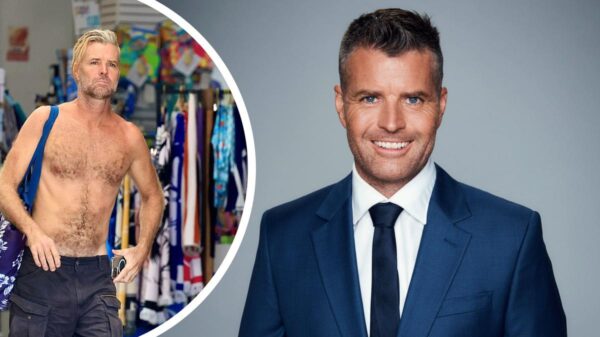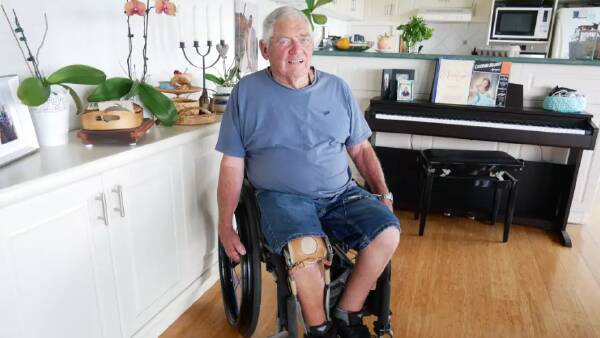The United Nations is calling for a concerted global effort to bolster policies and investments aimed at enhancing mental health and well-being for children and youth. Despite increasing recognition of mental health as a fundamental human right, there has been no specific UN resolution that addresses the unique developmental needs of young people. This gap has created fragmented approaches and insufficient funding, particularly for preventive measures and early intervention, even as evidence shows these strategies can be effective and affordable.
Currently, approximately 14.3% of individuals aged 10 to 19 experience mental health conditions, with many remaining unrecognized and untreated. Alarmingly, data indicate rising suicide rates among those aged 10 to 24 in various countries. According to the global Mental Health Atlas, only 56% of countries have a dedicated policy for child and youth mental health, with fewer than half providing community or school-based mental health services.
To address these pressing issues, the UN emphasizes the need for coordinated action across multiple sectors, including education, health, social protection, and climate. This approach must be grounded in rights-based frameworks that prioritize inclusivity, particularly for those in humanitarian and fragile contexts.
Key Strategies for Improvement
Several critical strategies have been proposed to strengthen child and youth mental health on a global scale. First, there is a call to elevate child and youth mental health as a standalone global policy priority. This includes integrating it into future UN resolutions and human rights frameworks while ensuring alignment with the 2030 Agenda for Sustainable Development.
Additionally, the establishment of a unified inter-agency platform is recommended. This would involve collaboration between organizations such as UNESCO, UNICEF, the UN Youth Office, and the World Health Organization (WHO), along with Member States and civil society partners. Such a platform would aim to enhance global coherence, provide technical guidance, and align financial and accountability measures.
Member States are encouraged to adopt national strategies that align with the WHO’s Comprehensive Mental Health Action Plan and the UNICEF-WHO Joint Programme on Mental Health and Psychosocial Well-being. These strategies should incorporate guidelines on human rights and disability inclusion, focusing on community-based approaches.
Engaging Youth and Investing in Solutions
Meaningful engagement of children and youth in the design, implementation, and evaluation of mental health policies is crucial. This approach positions them as equal partners rather than mere beneficiaries, fostering a sense of ownership and accountability.
Investment in prevention and promotion of mental health must adopt a holistic, community-driven strategy that connects various sectors, including education, health, and social services. This ecosystem approach should utilize digital platforms and community resources to create supportive environments where young people can flourish.
Finally, integrating core mental health indicators into broader health and education monitoring systems, such as household surveys and national information systems, is vital. This will enhance accountability and ensure equitable progress in addressing the mental health needs of children and youth globally.
By prioritizing these actions and fostering collaboration, the UN aims to create a more robust framework for addressing the mental health challenges faced by younger generations. The call to action highlights the urgency of recognizing and investing in child and youth mental health as a critical global priority.



































































